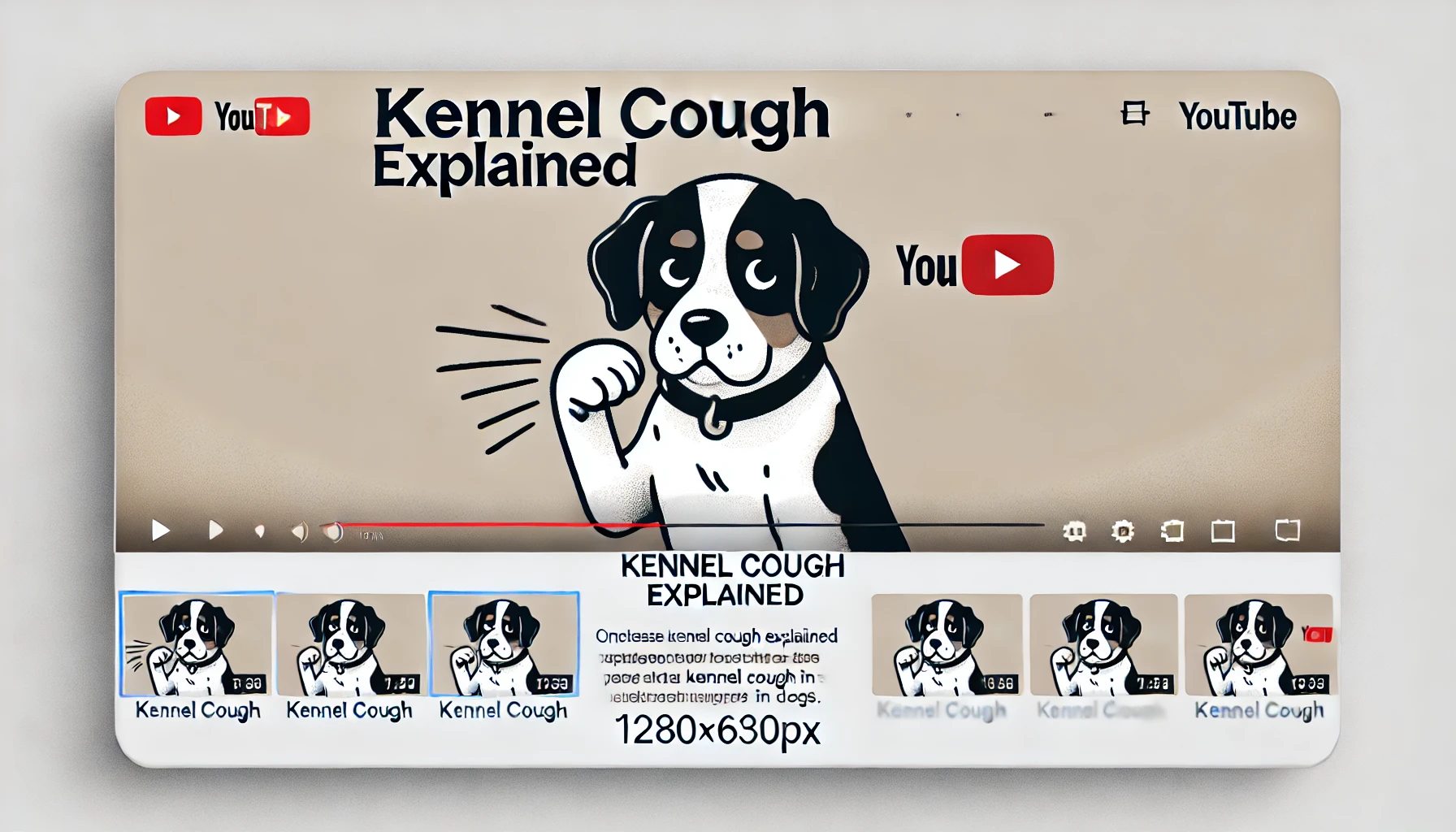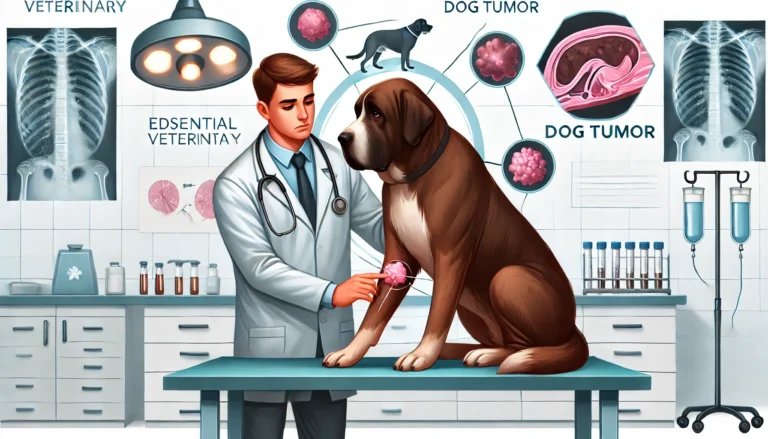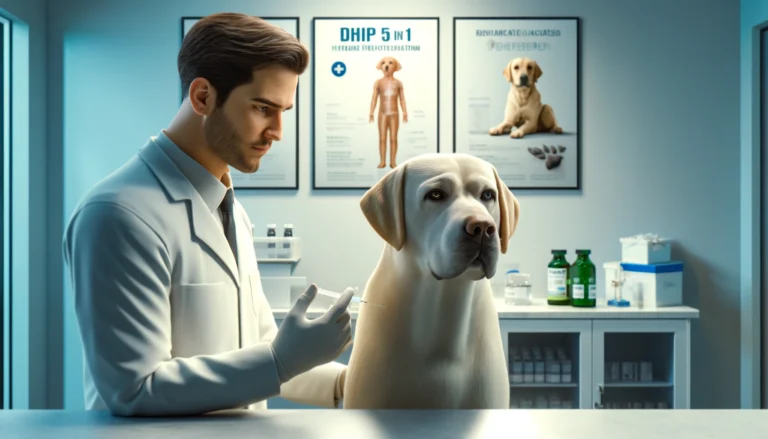Kennel Cough in Dogs: Causes, Symptoms, and Treatment

Kennel cough, formally known as canine infectious tracheobronchitis, is a highly contagious respiratory condition prevalent in dogs. This condition manifests as a dry, hacking cough often described as sounding like a goose honk. Understanding the nature of kennel cough, its transmission, symptoms, and treatments can help pet owners manage this common but distressing ailment effectively.

What is Kennel Cough?
Kennel cough in dogs is primarily caused by the Bordetella bronchiseptica bacteria, although viruses like canine parainfluenza and adenovirus type 2 can also contribute. This condition spreads through airborne droplets, direct contact, or contaminated surfaces such as toys and bowls. Places with high dog populations, such as kennels, dog parks, and grooming facilities, are hotspots for transmission.
Symptoms of Kennel Cough
The most apparent symptom of kennel cough is a strong, persistent cough that may end in gagging or retching. Other symptoms include:
- Sneezing
- Runny nose
- Lethargy
- Low fever
- Loss of appetite
Typically, symptoms of kennel cough appear 3 to 10 days after exposure. The cough itself can last from a week to about three weeks. In some cases, the dog will continue normal activities, but in others, the symptoms can be severe.
Treatment for Kennel Cough
Most cases of kennel cough are mild and can be treated at home, but severe cases may require veterinary intervention. Here are common treatments:
- Rest and Isolation: Keeping the dog in a quiet, stress-free environment and isolating it from other pets to prevent spread.
- Cough Suppressants and Antibiotics: Vets may prescribe these if the cough is severe or if there is a risk of a secondary bacterial infection.
- Humidifiers: Using a humidifier can help soothe the inflamed respiratory tract.
- Proper Hydration and Nutrition: Ensuring the dog stays hydrated and continues to eat will help in recovery.
- Home Remedies: Mild honey doses can soothe the throat, but always consult a vet before administering any home treatment.
Preventing Kennel Cough
Prevention is crucial in managing kennel cough, particularly for dogs that frequent high-risk environments. Vaccination against Bordetella bronchiseptica and other contributing viruses is the most effective preventive measure. Other strategies include:
- Maintaining good hygiene and cleanliness in places where dogs gather.
- Using immune-boosting supplements as advised by your vet.
- Avoiding contact with infected dogs.
When to See a Vet
While kennel cough often resolves on its own, certain signs require immediate veterinary attention:
- Persistent symptoms lasting more than three weeks
- Severe symptoms such as a high fever, lethargy, or loss of appetite
- Any sign of distress or difficulty breathing
FAQs About Kennel Cough
- How long does kennel cough last? Usually, the condition lasts between one to three weeks.
- Is kennel cough deadly? It is rarely fatal but can lead to more severe complications in puppies, elderly dogs, or those with underlying health issues.
- Can kennel cough be cured at home? Mild cases often can be, but always consult with a veterinarian.
- What can I give my dog for kennel cough? Beyond prescribed medications, ensure plenty of rest, fluids, and possibly a humidifier to help ease symptoms.
- How do I know if my dog’s cough is kennel cough? A dry, hacking cough that sounds like a goose honk is characteristic of kennel cough, but a vet can provide a definitive diagnosis.
Conclusion
Kennel cough is a manageable condition with the right care and preventive measures. Understanding its symptoms, adopting effective treatment plans, and taking preventive steps can greatly help in managing kennel cough, ensuring your dog remains healthy and happy. Always consult your veterinarian for guidance and treatment tailored to your dog’s specific needs.






